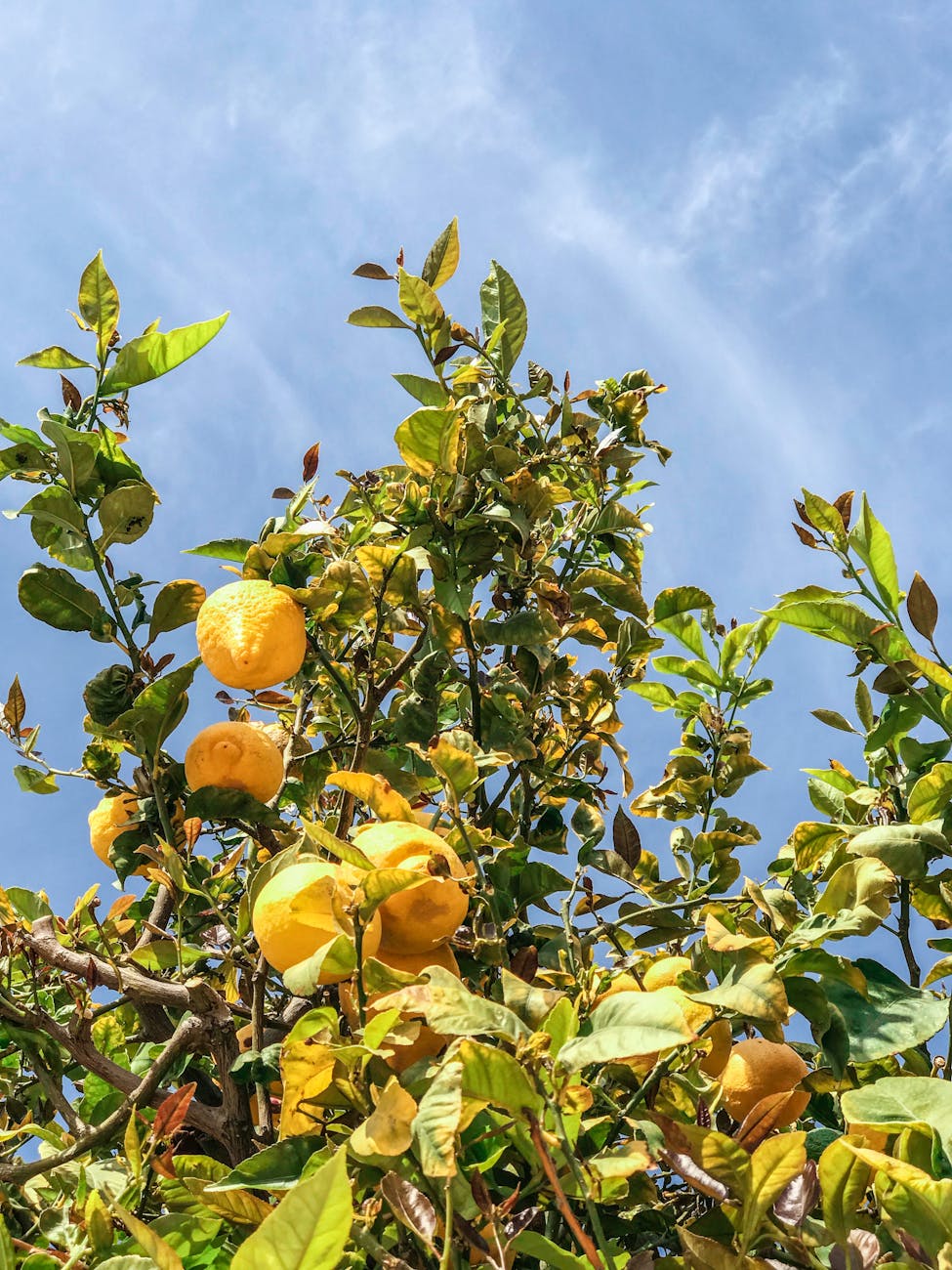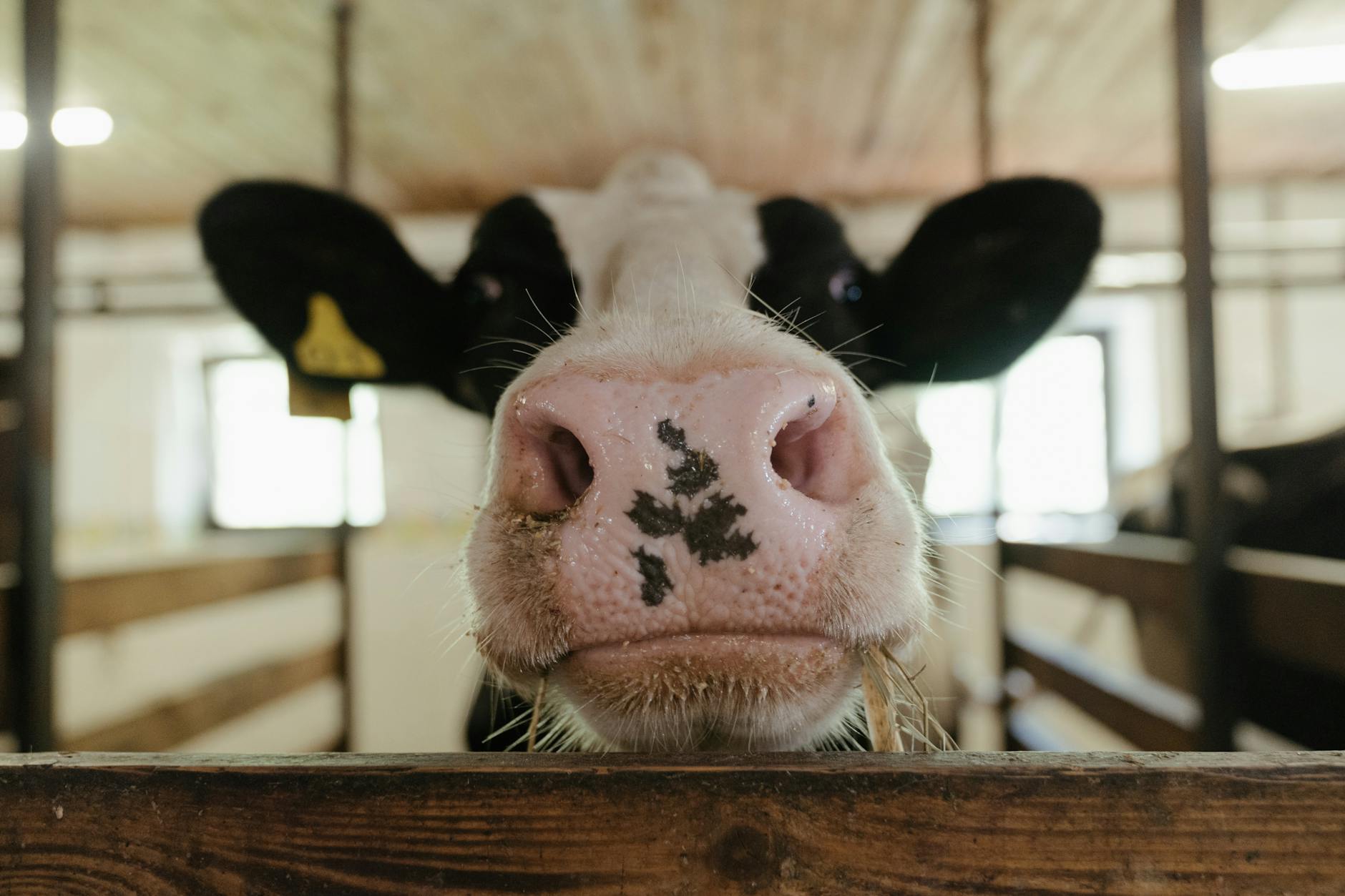In a fast-paced, modern world where convenience and instant gratification often take precedence, the art of growing food is a timeless and essential skill that holds profound significance for individuals, communities, and the planet. Learning how to grow food not only connects us to the earth, fosters self-sufficiency, and promotes sustainability but also nurtures a deeper appreciation for the natural world and the food we consume. In this article, I’ll discuss the importance of learning how to grow food and the myriad benefits it offers to individuals, communities, and the environment.
1. Nourishing Self-Sufficiency:
At the core of learning how to grow food lies the pursuit of self-sufficiency and empowerment. By cultivating your own fruits, vegetables, herbs, and crops, you gain a sense of independence, control, and resilience in providing for your nutritional needs. Understanding the process of planting, tending, and harvesting food instills a sense of accomplishment and self-reliance, fostering a deeper connection to the source of sustenance and the cycle of life.
2. Promoting Food Security:
In a world where food insecurity and access to nutritious food are pressing concerns, learning how to grow food plays a vital role in promoting food security and mitigating hunger. By cultivating your own food, you have the ability to supplement your diet with fresh, organic produce, reduce reliance on external food sources, and contribute to a more sustainable and resilient food system. The practice of growing food empowers individuals to take control of their food supply and address food insecurity at the grassroots level.
3. Embracing Sustainable Practices:
Growing food in a sustainable and environmentally conscious manner is essential for preserving the health of the planet and ensuring the long-term viability of agriculture. Learning sustainable farming techniques, such as organic gardening, permaculture, and regenerative agriculture, allows individuals to minimize environmental impact, conserve natural resources, and promote biodiversity in their growing practices. By adopting sustainable food production methods, individuals contribute to a healthier ecosystem and a more resilient food system that benefits both people and the planet.
4. Fostering Connection to Nature:
The act of growing food is a profound form of communion with nature, fostering a deep connection to the earth, the seasons, and the rhythms of life. Engaging in the process of planting seeds, nurturing plants, and harvesting crops cultivates an appreciation for the natural world and the interconnectedness of all living beings. Learning how to grow food encourages mindfulness, presence, and reverence for the beauty and abundance of the earth, inspiring a sense of wonder and gratitude for the gifts of nature.
5. Cultivating Community and Sharing:
Growing food has the power to bring people together, foster community bonds, and promote collective well-being. Learning how to grow food enables individuals to share their harvest with family, friends, neighbors, and community members, cultivating a spirit of generosity, reciprocity, and shared abundance. Community gardens, urban farms, and food-sharing initiatives provide opportunities for collaboration, mutual support, and the celebration of food as a unifying force that transcends cultural, social, and economic barriers.
6. Enhancing Health and Wellness:
The food we grow and consume directly impacts our health and well-being, making learning how to grow food a fundamental aspect of promoting personal health and wellness. Fresh, homegrown produce is rich in nutrients, antioxidants, and flavor, offering a healthier alternative to processed and packaged foods. By growing your own food, you have the opportunity to prioritize organic, pesticide-free produce, cultivate a diverse and nutritious diet, and reap the physical, mental, and emotional benefits of consuming food that is nourishing and wholesome.
In conclusion, the importance of learning how to grow food extends far beyond the act of planting seeds and harvesting crops; it encompasses a profound journey of self-discovery, sustainability, community building, and environmental stewardship. By embracing the art of growing food, individuals can cultivate a deeper connection to the earth, promote food security, nurture self-sufficiency, and contribute to a more sustainable and resilient food system. Whether in a backyard garden, a community plot, or a windowsill herb garden, the act of growing food is a transformative and empowering experience that enriches our lives, strengthens our communities, and honors the intrinsic connection between humans and the natural world.



